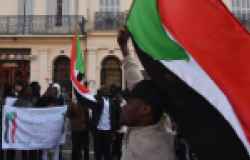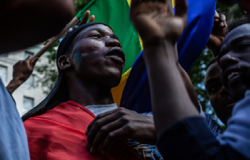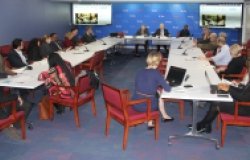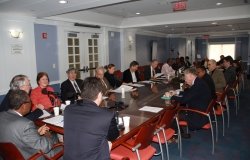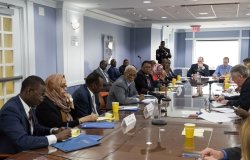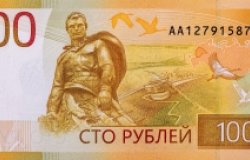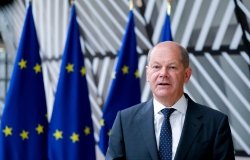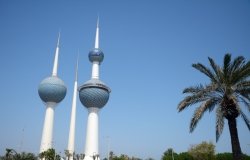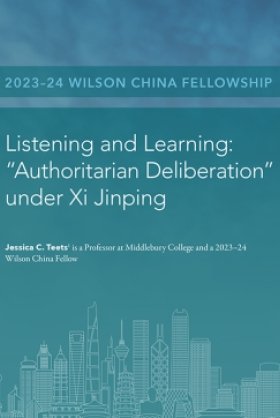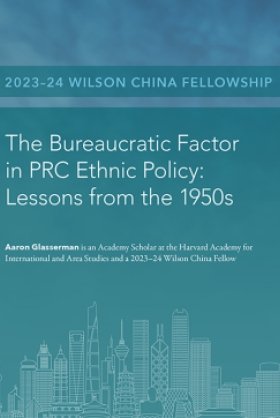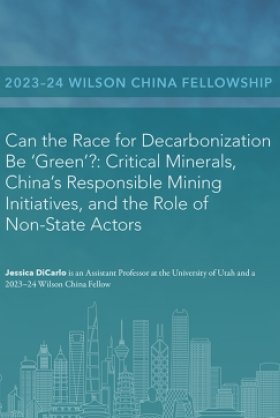How to Restore Peace, Unity, and Effective Government in Sudan?
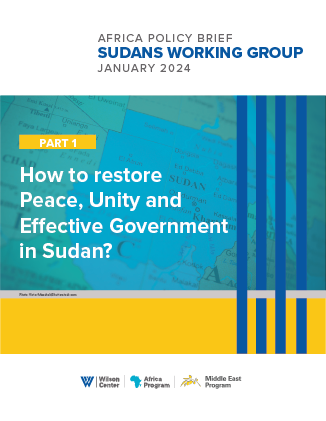

Sudan is no stranger to internal conflict. Its first civil war had begun just as Sudan gained independence in 1956. Fifty-five years and millions of war-related deaths later, the southern third of Sudan became independent South Sudan. Since fighting broke out in April 2023 between the Sudanese Armed Forces (SAF) and the paramilitary Rapid Support Forces (RSF), more than nine million Sudanese have been displaced, tens of thousands killed, and Sudan has become de facto divided between those two armed groups, with other armed factions also consolidating control of territory.
The first discussion session focused on how to convince the leading generals to stop fighting and, in particular, what external actors might do toward that end.
The Sudans Working Group (SWG) engages US, African, and international policymakers and stakeholders in inclusive and forward-leaning policy dialogue aimed at advancing the prospects for peace, security, and development between and within Sudan and South Sudan. The SWG serves as a space for key stakeholders to share analyses and perspectives and provide policy options for addressing critical issues related to the two countries. The SWG is currently co-chaired by Ambassador Nureldin Satti and Ambassador Donald E. Booth.
Related Programs

Africa Program
The Africa Program works to address the most critical issues facing Africa and US-Africa relations, build mutually beneficial US-Africa relations, and enhance knowledge and understanding about Africa in the United States. The Program achieves its mission through in-depth research and analyses, public discussion, working groups, and briefings that bring together policymakers, practitioners, and subject matter experts to analyze and offer practical options for tackling key challenges in Africa and in US-Africa relations. Read more

Middle East Program
The Wilson Center’s Middle East Program serves as a crucial resource for the policymaking community and beyond, providing analyses and research that helps inform US foreign policymaking, stimulates public debate, and expands knowledge about issues in the wider Middle East and North Africa (MENA) region. Read more


